Important Details
Tour fitness level
This itinerary is suitable for participants with a moderate level of fitness. It involves daily walking tours of historic sites, including some cobbled streets and uneven surfaces in cities like Reims, Épernay, and Paris. There are a few longer walks, particularly in areas like Saint-Germain-des-Prés and Château-Thierry, but the pace is leisurely with ample breaks for relaxation and meals.
Participants should be comfortable walking for up to 2-3 hours a day, with occasional uphill walks to view historical monuments. The tour is designed to balance exploration with downtime, allowing for a relaxed yet active experience.
Air Travel
There are several convenient air travel options for flying from the Eastern United States to Paris. Major airlines such as Air France, Delta, and American Airlines offer direct flights from cities like New York, Boston, Washington D.C., and Miami to Paris Charles de Gaulle Airport (CDG). Flight durations typically range from 7 to 9 hours, depending on the departure city.
Additionally, there are various connecting flights available with one stop, often through European hubs like London, Frankfurt, or Amsterdam, though direct flights are generally the quickest and most convenient.
For those seeking a premium experience, British Airways, Lufthansa, and other European carriers provide excellent services with a stop in London, Frankfurt, or other major cities.
Whether opting for a direct route or connecting through another city, travelers can enjoy multiple options for seamless access to the City of Lights.
Visa & entry requirements
U.S. citizens traveling to France for tourism or business purposes do not need a visa for stays of up to 90 days within a 180-day period. France is part of the Schengen Area, which allows U.S. passport holders to enter without a visa for short stays.
Travelers must have a valid U.S. passport with at least three months of validity beyond the intended date of departure from the Schengen Area.
Additionally, U.S. citizens may be required to show proof of sufficient funds for the duration of their stay, along with a return ticket or onward travel plans.
Safety and security
France is generally considered a safe destination for travelers, with a well-developed infrastructure and a strong police presence in cities and popular tourist areas. However, like any popular tourist destination, travelers should take standard precautions to avoid petty crimes such as pickpocketing, especially in crowded areas like public transportation, tourist sites, and airports.
The country has a robust emergency response system, and travelers can contact local authorities by dialing 112 for any emergencies. It’s also advisable to stay informed about any local safety alerts or security advisories, particularly in light of events that may affect specific regions. While the risk of serious crime is low, it’s always wise to exercise caution, stay aware of your surroundings, and follow any local advice.
In terms of health safety, France has an excellent healthcare system, and travelers are recommended to have appropriate travel insurance that covers health-related issues while abroad.
Tour leader / Tourist guide
Your tour will be led by certified, highly qualified guides with both local and international credentials, and over 13 years of experience in the field. They are dedicated to ensuring that your tour runs smoothly and will provide comprehensive and entertaining commentary throughout the journey. With a deep knowledge of the region’s history, culture, and landmarks, they will enrich your experience with fascinating insights. In addition to guiding the tour, your tour leader will assist you with any needs or special requests, offering personalized service and 24/7 (in person, via call or message) availability to ensure a seamless experience from start to finish. Whether you need assistance with arrangements, simply have a question, or if you are facing any problem, your tour leader will be there to ensure you feel supported throughout your entire trip.
Although this is a group tour, we ensure an individual approach for each guest, with small groups of up to 20 people for a more personalized experience.
Transportation
Transportation during the tour will be arranged with a comfortable 50-seat coach, equipped with heating or air conditioning to ensure the right temperature for your comfort. The coach will also provide Wi-Fi and unlimited water bottles throughout the journey. An experienced driver will be at the wheel, ensuring a smooth and safe ride. For airport and hotel transfers, separate, very comfortable cars will be arranged for different guests, offering a more personalized experience. This allows for a seamless and enjoyable journey from the moment you arrive until the end of your trip.
Currency
The currency used in France is the Euro (€), abbreviated as EUR. It is the common currency across most of the European Union. Euros are available in both coins and banknotes, with coins ranging from 1 cent to 2 euros, and banknotes in denominations of 5, 10, 20, 50, 100, 200, and 500 euros.
Credit and debit cards are widely accepted in most establishments, but it’s a good idea to carry some cash for small purchases, tips, or in case you visit places that don’t accept cards. ATMs are readily available throughout the country, and currency exchange services can be found at airports, train stations, and banks.
Water
In France, tap water is generally safe to drink and of high quality, as it is strictly regulated by health authorities. It is common to see “eau potable” (drinking water) signs in public places. Most restaurants will serve tap water upon request, although some may charge for bottled water. In larger cities like Paris, the water is often treated and filtered to ensure cleanliness.
If you prefer bottled water, there are many brands available, such as Evian, Vittel, and Perrier, which are widely sold in supermarkets and restaurants. You can also refill your water bottle at public drinking fountains, commonly found in parks and public areas.
Dress Code
In France, the dress code tends to be stylish, polished, and elegant, with an emphasis on understated fashion. While casual attire is acceptable in many situations, Parisians and other city dwellers often dress with a sense of sophistication, even in casual settings.
For daily wear, opt for well-fitted clothes, neutral colors, and simple accessories. In more formal settings, such as restaurants or cultural venues, a smart-casual look is recommended, with men often wearing a button-down shirt and women choosing dresses, skirts, or tailored pants.
Comfortable shoes are a must for sightseeing, especially when exploring cobblestone streets. When visiting religious sites like churches, modest clothing covering shoulders and knees is expected. Overall, French fashion values elegance without being overly flashy.
Accommodation
Throughout the trip, you will enjoy the luxury and comfort of 4 or 5 star accommodations, offering the highest standards of service and facilities. These premium hotels are carefully selected to ensure a superior experience, featuring spacious and elegantly furnished rooms with air conditioning, heating, and top-quality amenities.
You’ll find everything you need for a relaxing stay, including toiletries, tea/coffee-making facilities, and flat-screen TVs. In addition, you can enjoy delicious breakfasts to start your day, with a range of local and international options. For your convenience, all hotels offer porterage services, free Wi-Fi, hairdryers, ironing facilities, and 24-hour front desk assistance.
Meals
The tour includes the meals indicated in the itinerary. There will be 9 breakfasts, which will be served buffet-style at the hotels, offering a wide variety of options to start your day. 8 lunches and 2 dinners are also included, with meals provided at high-quality local restaurants, where you’ll have the opportunity to experience authentic regional cuisine. Each meal will consist of a starter, a main course with a side dish, and dessert, accompanied by tea and coffee. Special dietary requirements will be carefully considered, and customized meal options will be provided to meet any specific needs.
Climate
Northern France experiences a temperate maritime climate, characterized by mild temperatures and moderate rainfall throughout the year. Summers are generally mild to warm, with temperatures ranging from 15°C to 25°C (59°F to 77°F), while winters are cool, with temperatures typically between 2°C and 8°C (36°F to 46°F).
Rainfall is spread evenly across the year, and northern regions can be quite cloudy and damp, especially in the winter months. The area is also influenced by coastal winds, which can make it feel cooler, particularly near the English Channel. Overall, the climate is moderate, making it suitable for year-round visits, though it’s advisable to pack layers and an umbrella for unpredictable weather.
Time zone
France operates on Central European Time (CET) during the winter months (UTC +1) and Central European Summer Time (CEST) during the summer months (UTC +2). Daylight Saving Time begins in late March and ends in late October, so be sure to adjust your clocks accordingly when traveling. This time zone is the same as many other European countries, making it easy to sync with most of continental Europe.
Power plugs
In France, the power plugs and sockets are of type C and E. The standard voltage is 230V, and the standard frequency is 50Hz. If your devices use a different type of plug or operate on a different voltage, you may need a plug adapter or voltage converter. Type C plugs have two round pins, while type E plugs also feature a round pin but with an additional hole for grounding. Be sure to check your devices’ voltage requirements before plugging them in.
Medical Assistance
Please contact your tour leader immediately, regardless of the hour, if you have any health issues. The tour leader will provide first aid if necessary or arrange a visit to a pharmacy or hospital. As you may not be accustomed to local food and water, it is recommended to bring or take medications that help prevent gastrointestinal disorders, especially if you have a sensitive stomach. Travel insurance covering medical emergencies, including evacuation, is highly recommended, as some remote areas may have limited access to healthcare.
Insurance
U.S. citizens traveling to France are advised to have travel insurance that covers health, accidents, and cancellations. France has a high standard of healthcare, but medical treatment can be expensive for those without insurance. Travel insurance should include coverage for unexpected medical emergencies, hospital visits, and repatriation if necessary. Additionally, it’s a good idea to have coverage for trip cancellations, lost baggage, and other travel disruptions. Some U.S. health insurance plans may offer international coverage, but it’s essential to verify with your provider before traveling.
Important documents to carry with you
Important Documents to carry for Traveling to France:
- Passport (valid for at least 6 months beyond your planned departure date)
- Copy of your passport (stored separately for safety)
- Travel insurance (printed copy)
- Doctor’s note or prescriptions (if carrying prescribed medication)
- Printed copy of flight details
- Tour booking confirmation received by email with contact information of your tour leader and emergency contacts
Things not to forget to pack
- Sunscreen
- Hat
- Sunglasses
- Comfortable shoes
- Layered clothing
- Raincoat or umbrella
- Power plug adapters
- Prescription medications (if any)
- Insect repellent (just in case)
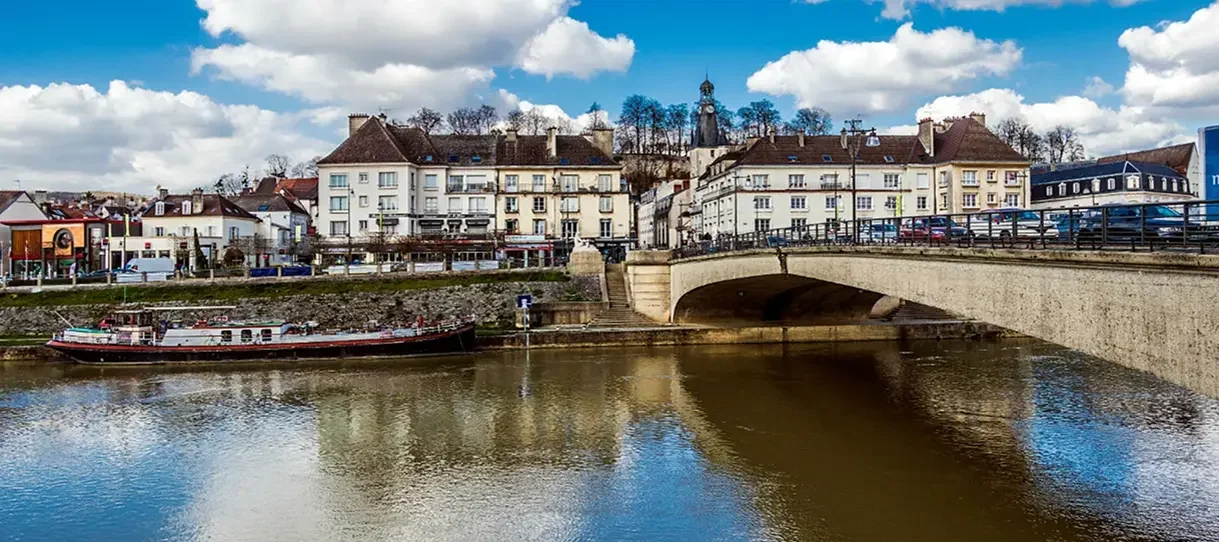

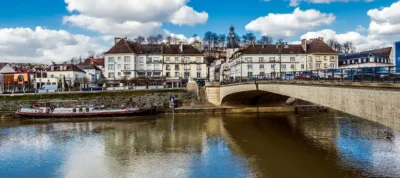


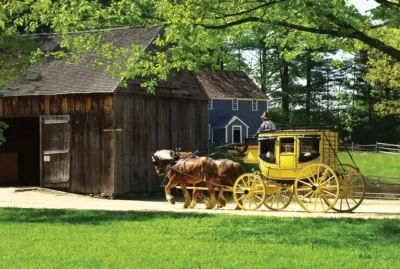






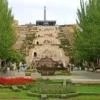



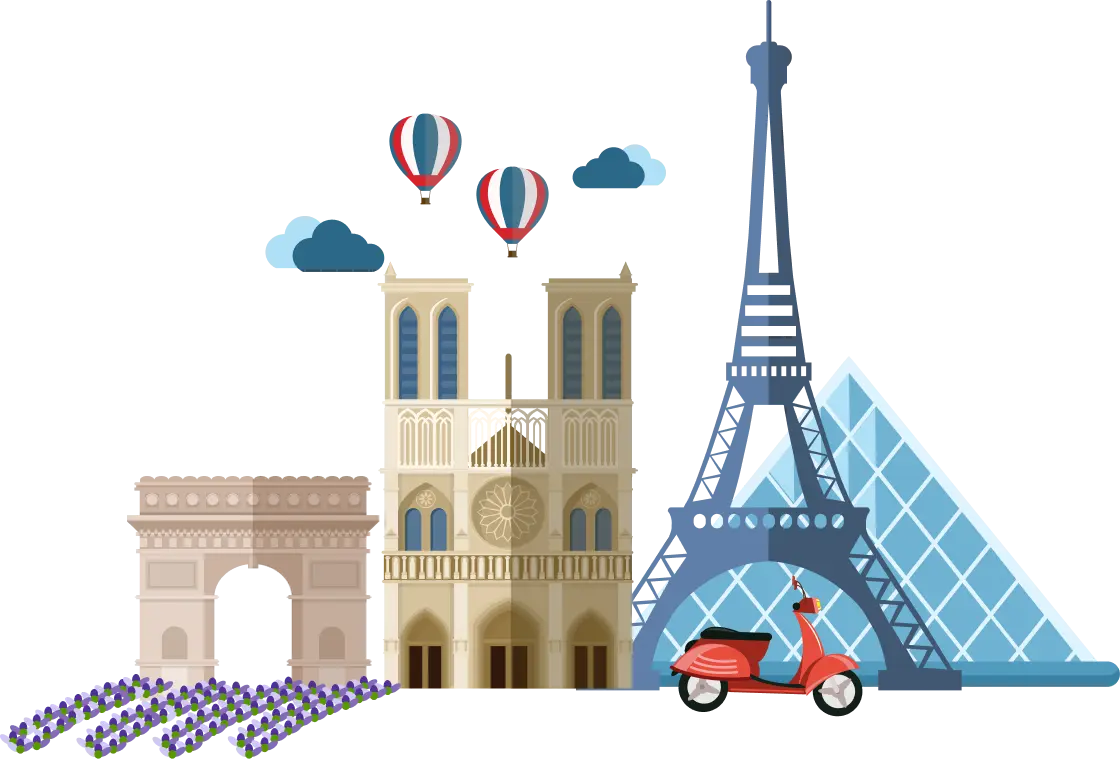

 Armenia & Georgia
Armenia & Georgia France
France India
India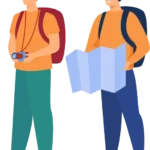 Morocco
Morocco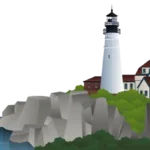 New England, USA
New England, USA